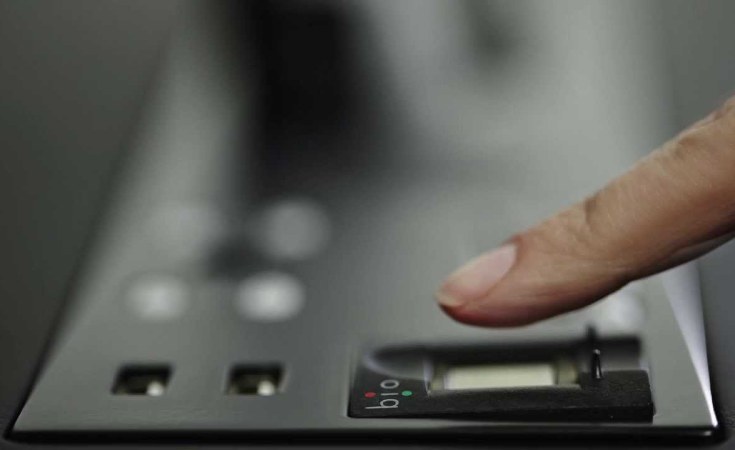#ELECTIONSBILL: Only biometric registration, MPs say amid fears of possible tech flops

Should technology fail to prove you are a registered voter in the upcoming parliamentary elections, then you may not vote because the new revised Elections Bill only contemplates biometric registration of voters.
Article 164 (4) of the Bill which now proceeds to the Senate provides for only one option of voter registration and fails to take into account the possibility of technical flops. Voters will be registered through biometric method which means voter details including names and finger prints will be captured electronically.
However, as practices in other jurisdictions have shown, technology can disappoint. In neighbouring Kenya for example, during the elections day in 2017, some voters’ details could not be traced though they had been captured earlier. However, there was reprieve since the manual system had been factored enabling election officials to refer to the hard copy records.
MURSAL’S RESPONSE
In a response letter dated January 6, to the UN, US and EU seen by Goobjoog News, Lower House speaker Mohamed Mursal assures the troika that biometric voter registration is practicable.
“It was the majority view of the MPS that a biometric registration is implementable. However, as the issue is technical in nature, it is the Parliament view that the NIEC (elections body), with the support of the Executive, should be capable to secure the necessary financial and technical support,” the letter read in part.
Another contentious issue in the Bill is the announcement of results. The Bill sets out a timeframe of 48 hours within which time the poll results should be made public. However, the bill stipulates that the results will be announced at constituency level contrary to modern electoral practices which set the polling station as the basic unit of verification and announcement of results to avoid possible malpractices like doctoring of numbers.
On Somaliland, it shall be treated as a special case and Parliament will ‘adopt a separate resolution where Somaliland will have separate arrangement for the election of Somaliland seats.’
The electoral commission, NIEC which proposed Proportional Representation has previously raised concerns about the practicability of the First-Past-the-Post or winner takes all option set out in the revised bill.
All eyes will now be on the senate with expectations it will address some of these contentious issues.